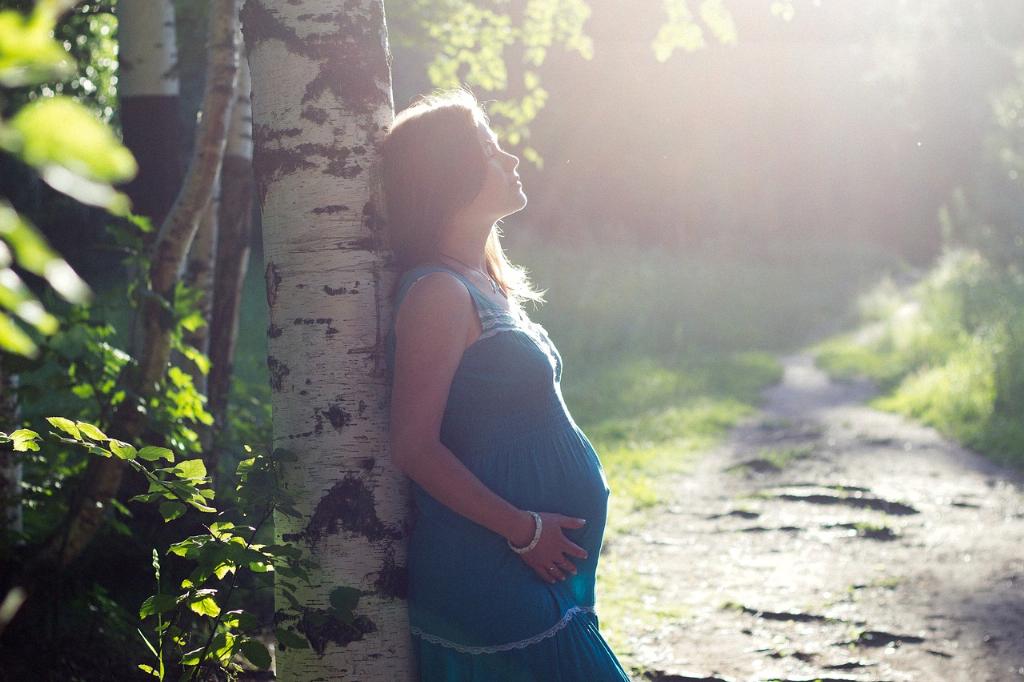One of the most exciting moments in a woman’s life is finding out she is pregnant. The joy and anticipation that come with this news can be overwhelming, leading many expectant mothers to want to share their happy news with their loved ones as soon as possible. However, the question of when to announce a pregnancy to parents is one that often causes hesitation and uncertainty.
It is commonly recommended that expectant mothers wait until the end of the first trimester to share the news of their pregnancy with their parents. This period typically falls around the 12-week mark of pregnancy. The reason behind this cautious approach is rooted in the fact that the first trimester is considered the most critical time in terms of pregnancy development.
During the first trimester, the risk of miscarriage, or pregnancy loss, is higher compared to later stages of pregnancy. This increased risk is often due to various factors, including genetic abnormalities, hormonal imbalances, or issues with fetal development. Given these uncertainties, many women choose to keep their pregnancy a secret until they reach the end of this delicate timeframe.
Another factor that plays a significant role in determining the timing of announcing a pregnancy to parents is individual comfort and readiness. Every woman’s journey to motherhood is unique, and some may feel more prepared to share their news earlier on, while others prefer to wait until they feel more secure in their pregnancy.
Communication is key when it comes to disclosing such intimate and life-changing news to loved ones. Some expectant mothers may find comfort in confiding in their parents early on in their pregnancy, seeking support and guidance throughout this transformative period. On the other hand, others may prefer to wait until they have undergone prenatal screenings or received more reassurance from healthcare providers.
Sharing the news of a pregnancy with parents can elicit a range of emotions, from excitement and joy to worry and anxiety. Expectant mothers should consider their parents’ feelings and reactions when deciding on the right time to announce their pregnancy. Open and honest communication can help ease any concerns or uncertainties that may arise.
Timing is crucial when it comes to announcing a pregnancy to parents, as the news can have a profound impact on family dynamics and relationships. Some women may choose to share their news in a special way, such as a surprise announcement or a heartfelt conversation, while others may opt for a more casual approach.
Ultimately, the decision of when to announce a pregnancy to parents is a personal one that should be based on individual circumstances and preferences. Whether you choose to share your news early on or wait until later in your pregnancy, what matters most is that you feel comfortable and supported in your decision.
In conclusion, the best time to announce your pregnancy to parents is a decision that should be made thoughtfully and in consideration of various factors, including the stage of your pregnancy, your personal readiness, and the dynamics of your relationship with your parents. Regardless of when you choose to share your news, remember that this is a special and joyous moment in your life, and it is important to cherish and celebrate it in a way that feels right for you.

